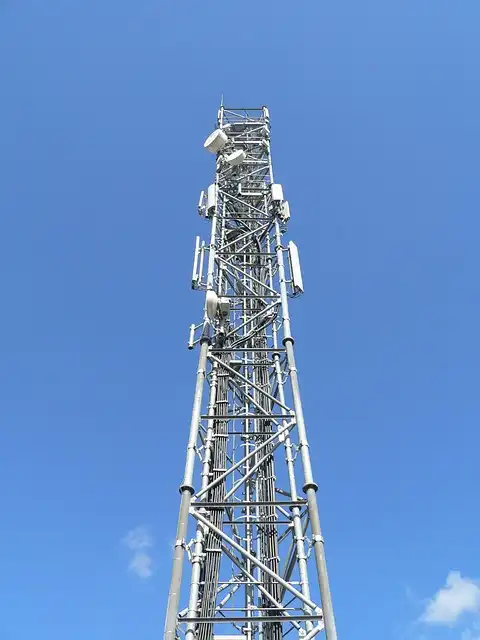
Telemarketing entities or resellers of SMS solutions should be brought under federal government’s licensing regimen to hold them liable for offenders transferring spam messages across the delivery worth chain, otherwise “this piecemeal approach” will certainly not generate any positive results, telecom firms have actually said.
Thus, telcos do not have exposure of SMS shipment chain beyond these 15 senders and for that reason, can not regulate spam, they argue.
To name a few noteworthy tips on the assessment, Truecaller suggested that for spam reporting and complaint handling, TRAI must officially incorporate third-party applications right into its framework. It also sought that TRAI needs to make clear the interpretation of worldwide web traffic.
According to analysis, there were virtually 14 lakh SIMs making between 50-1000 telephone calls daily during the January-March 2024 duration, TRAI had actually said in its examination paper released in August. 4 SIMs were making greater than 1000 phone calls each day! These are likely to be spam customers that ignore TRAI’s standards specified for commercial calling.
Telcos have once again highlighted that the Telecom Regulatory Authority of India (TRAI) is ignoring the “parallel spam market” emerging on OTT platforms such as WhatsApp, who are the “primary abettors of fraud by carrying scams URLs/APKs/CTAs,” Jio claimed.
On the various other hand, to check spam originating from individual numbers, the telecom regulatory authority had actually asked whether differential tariff for such entities might be a punitive measure to prevent such spammers.
Telecom business support for government licensing of telemarketing entities and SMS service resellers to curb spam messages. They argue that without even more extensive policies, current steps continue to be inefficient. Problems are likewise raised concerning spam on OTT systems and the misuse of personal SIMs for spamming tasks.
Over 2,80,000 organizations in India send out industrial Texts, which are accumulated by 16,000 telemarketing aggregators. These are after that handed down to 15 shipment telemarketers that are connected to every telco to handover whole industrial SMS traffic. Thus, telcos do not have visibility of SMS delivery chain beyond these 15 senders and consequently, can not control spam, they say.
“TM-D is clearly a reseller of solutions and must be either accredited like VNO or ought to be authorized by DoT under the upcoming consent regime under Indian Telecommunication Act 2023,” Dependence Jio stated in its entry to an ongoing sector assessment on TCCCP Regulations for protecting against spam.
Telecommunications companies advocate for federal government licensing of telemarketing entities and SMS service resellers to curb spam messages. Worries are also increased regarding spam on OTT platforms and the abuse of individual SIMs for spamming activities.
Similarly, there were 4 lakh SIMs which were found to send more than 50 Texts each day. Even though telecom firms have obstructed 59k such numbers in fiscal year 2022-23, these spammers remain to acquire brand-new SIM cards, TRAI revealed.
1 Bharti Airtel spam2 Jio urges TRAI
3 SMS
4 Telecom companies advocate
« Vodafone Idea inks network deal worth ₹14K cr with EricssonUiPath & Indosat partner to boost digital skills in Indonesia »
